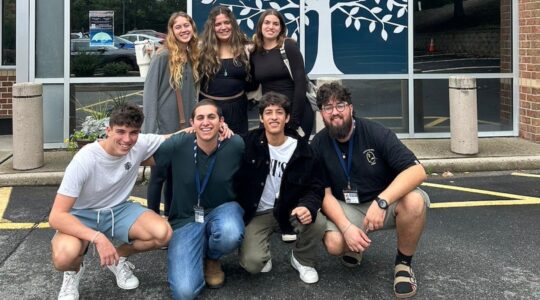American donors truly came together in 2008 for what any of us must attest as a remarkable statement of generosity, despite a horrendous economy and unprecedented pressures to support a variety of critically needed services and causes. Giving USA, the annual examination and report of American generosity, announced on Wednesday that last year’s estimated giving surpassed $307 billion, barely a two percent decline from record-setting giving in 2007.
Of the ten sectors that donors historically support, giving to religion increased significantly and now represents 35% of all giving; philanthropy directed for social service agencies decreased very significantly, raising questions about what tantalizes donors today differently and what are the steps that non-profit leaders need to consider in a recession-focused economy.
The annual report examines trends and looks at how donors feel about the organizations and causes they support. As a member of the editorial review board for Giving USA as well as the founder and managing director of a consulting firm that works closely with Jewish and non-Jewish non-profits, I, too, have paused to ask some critical questions. And these questions are relevant for non-profit volunteers and professionals as well as the men and women who give generously.
Let’s ask:
- 1. Why do some organizations attract significant charitable support today even though they are relatively new and have a track record that does not extend for decades?
- 2. With “financial transparency” as a new mandate, how are donors obtaining compelling information that convinces them to make charitable gifts, even though many organizations seem reluctant to open their books?
- 3. With public recognition of generosity changing – and with more and more donors giving anonymously again – how can donors feel loved by the causes they support and how can agencies express their appreciation for on-going dedication and devotion?
- 4. How can non-profits take better advantage of new resources, especially by tapping into better research venues, software management options, and other innovations?
- 5. Do Jewish donors function differently than non-Jewish donors, and if they do: what helps Jewish agencies position themselves better to attract more Jewish giving?
- 6. What are best practices today for efficient operations and how deeply should donors expect their non-profits to institute cost cuts and staffing reductions?
The results from Giving USA set a tone for every Jewish non-profit that actively campaigns across the globe, either in North America or elsewhere. While may have feared that 2008 charitable results would reflect a souring of giving, in fact, we are seeing that donors have responded well to a loud call for action. The 2008 results also reflect a counter-intuitive approach that the most hard-working and successful non-profits adopted and which is a course that must continue for 2009 and 2010: donors will usually respond positively when needs are spelled out and when a solid case is made but they expect to be asked! (The number one fundraising truism remains contemporary: most who give have been asked!)
Some Jewish non-profits have not been able to contemporize their cases and others have not been nimble enough to respond to new paradigms. That’s why we have seen some non-profits merge or vanish, but we are still seeing hundreds of thousands of new, legitimate non-profits develop each year as a response to changing or unmet needs.
But with the report from Giving USA, we wonder aloud how non-profits will function differently for the balance of 2009 and how donors will respond in the weeks and months ahead but we do this with an optimism that is likely to reflect commitment and unparalleled generosity . . . and giving at levels that are hard for many to imagine.
Robert I. Evans is the founder and managing director of The EHL Consulting Group, a Philadelphia-based firm that works with dozens of Jewish and non-Jewish non-profits on fundraising strategies, non-profit business practices, strategic planning and leadership development. For further details about the Giving USA report, contact him at revans@ehlconsulting.com.





